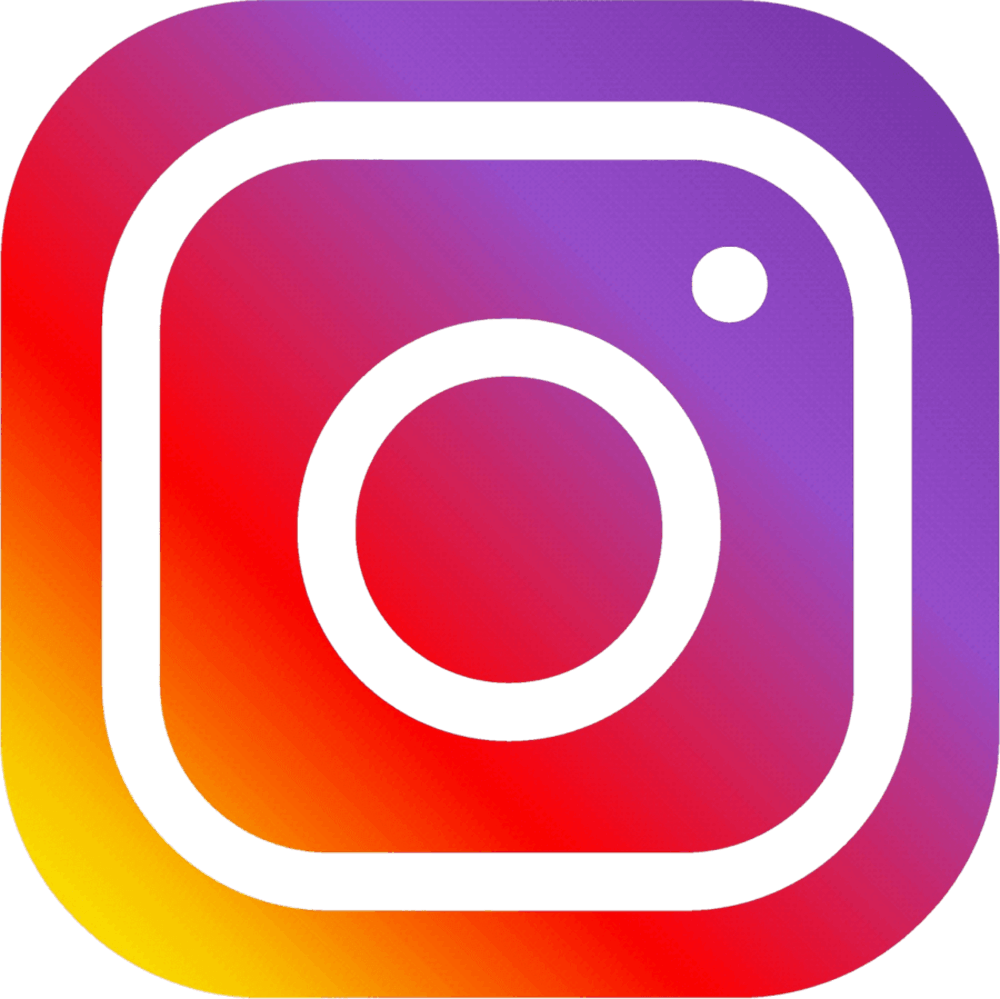By Alyssa Serrano
Staff Writer
During times of crisis, so much information comes out at once that it is very easy to make mistakes. However, as people in positions of great influence on many young and impressionable people, it is imperative that celebrities do research before hitting repost.
In the most recent case, celebrities have been speaking up about the crisis in Gaza and have put minimal effort into researching before they post. For example, Justin Bieber posted an Instagram story captioned “Praying for Israel,” however the photo he used was of ruins from the Gaza Strip, not Israel.
Posting, yet making no effort to fact-check his post showcases a lack of genuine care for the situation. Bieber later took down the original post and reposted the same caption without a photo. He did not post or clarify his statement, nor did he address the misinformation he had spread to his 292 million followers. There is so much someone with such influence can do to help, but posting incorrect information on social media does absolutely nothing.
Similarly, Jamie Lee Curtis also spread misinformation in her attempt to declare support. Curtis posted an image of terrified children looking up to the sky in fear and captioned it “terror in the skies,” which was followed by an Israeli flag emoji.
However, this photo was not of Israeli children; this was a photo of Palestinian children taken by a Palestinian photographer, who specified what the photo was in his original post. It is extremely negligent and shows an extreme lack of effort or care for those affected because no effort is put into actually fact-checking information.
During the height of the Covid-19 pandemic, many celebrities spoke out about their opinions on quarantining and whether or not they believed the vaccine to be beneficial or harmful. However, there was a frequent and concerning pattern of celebrities sharing stories with little proof of them happening and misconstruing their opinions as fact.
One example of a celebrity doing this was Chris Brown, who in the early days of Covid-19, posted on Instagram an audio in which a woman claimed that the United States would soon be entering a complete lockdown. People were already scared about the possible effects of this sickness and were panic-buying supplies to avoid going to stores, and this post only added to the chaos.
At this time, Brown had 62 million Instagram followers, and they reposted this audio on other platforms such as X (Twitter at the time) and spread the panic to others. This post was fear-mongering an already distressed general public and unprepared government. Posts like this one, from celebrities with large reaches and influence, that spread misinformation only made things more difficult to spread actual information regarding reducing the spread and quarantine precautions.
Nicki Minaj is another example, as she made a post stating that a family member’s friend became “impotent” and called off his wedding after he received the Covid-19 vaccine. However, there was never any evidence or records of this happening; the Trinidad health minister even stated that there were no reported instances of impotence happening as a result of the vaccine.
In spreading this misinformation, Minaj could have impaired the decision-making of her young and impressionable fans when it comes to whether or not they should get the vaccine.
Misinformation in times of a crisis, such as the crisis in Gaza or during the Covid-19 pandemic, is deadly. Posting without having done research and understanding the complexities of a situation is both performative and negligent.
It is not celebrities’ responsibility to speak up on these situations, however, if they do decide to speak up, it is their responsibility to understand what they are posting and make sure it is true before spreading false information to millions of people.







